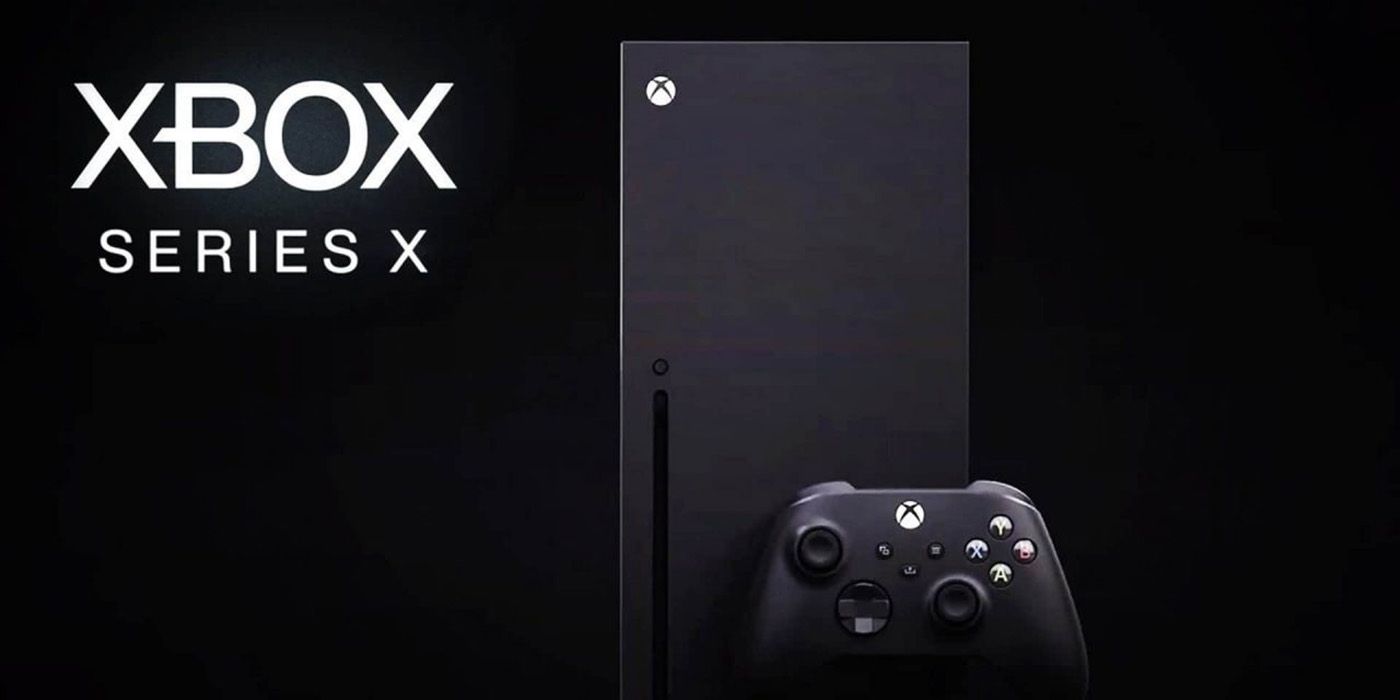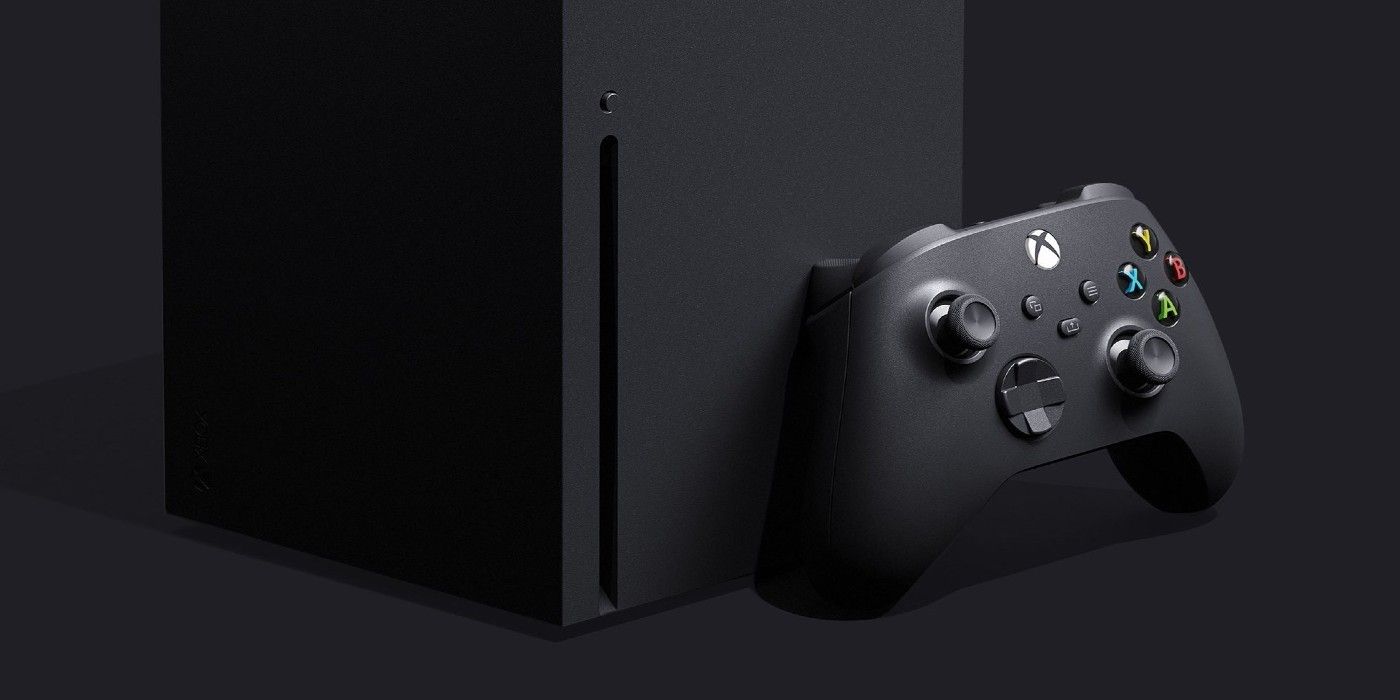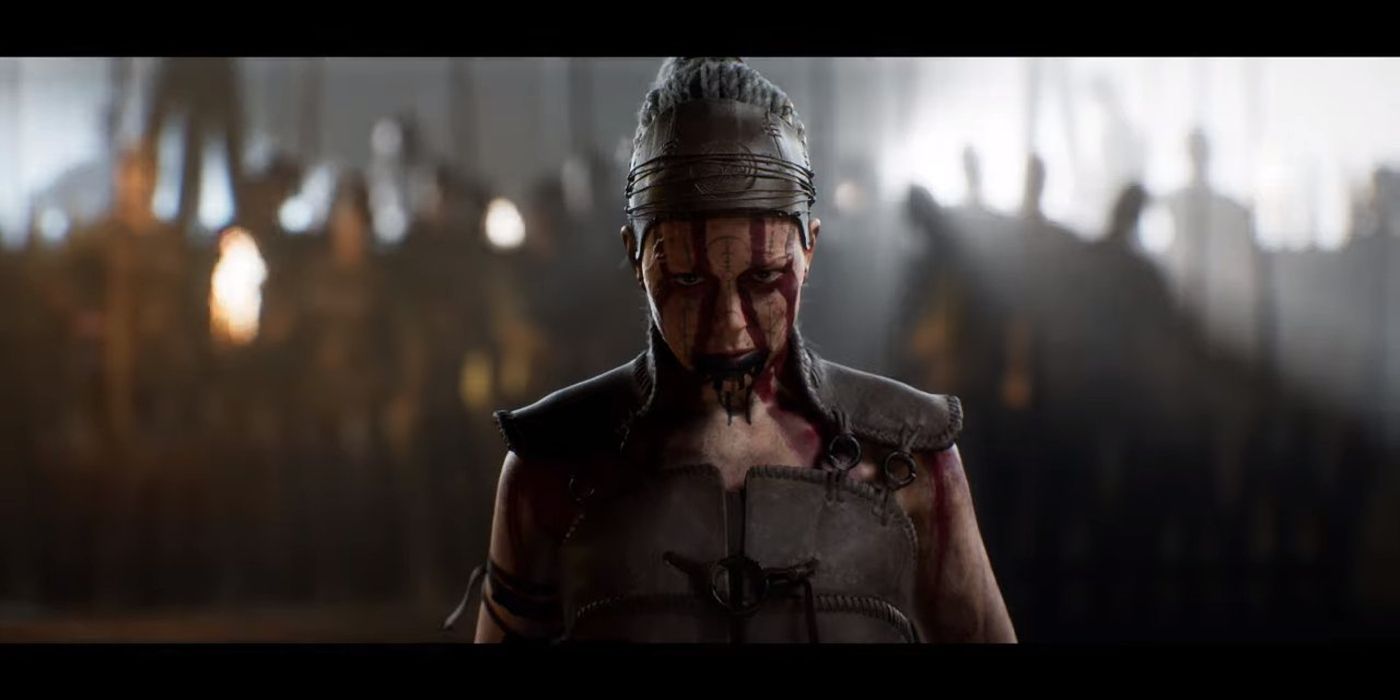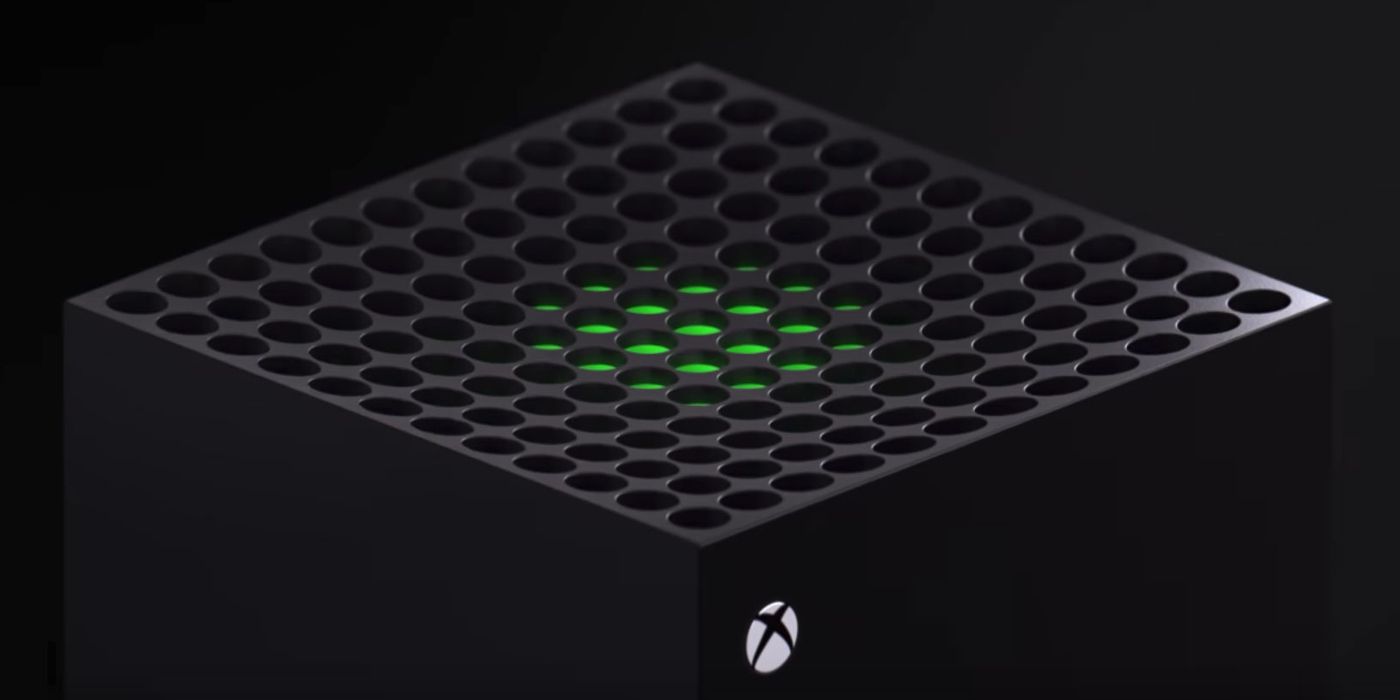Suffice to say, the Xbox One did not make the best first impression when it was announced in May 2013, as it focused on its niche hardware features, such as the hardly-used motion sensor and much forgotten Kinect. Meanwhile, the PlayStation 4's original announcement stood out strongly as it focused on exclusives and games over hardware. Now, that's history, and the two companies are looking toward the future with the PlayStation 5 and Xbox Series X.
With the recent announcement of the Xbox Series X, it appears that Microsoft has learned from the past mistakes of 2013, and is setting a strong trajectory course for the launch of its new console, emphasizing and prioritizing the importance of exclusive software and gaming content over supplemental hardware features. There's little doubt gamers want solid hardware and extra features, but great games come first. And if a company can not deliver on the promises of exclusive software content, the hardware platform and its supplemental features can become redundant.
In May of 2013, after much focus on its Xbox One hardware features, Microsoft dropped the ball further in showcasing its software content using non-exclusive games such as Call of Duty: Ghosts. The Xbox One focused on presenting itself as being much more vast than just a console, promising to consume one's living room seemingly, with an endless array of features that were more overwhelming than they were impressive. The Xbox One announcement missed the mark with fans, as gamers never demanded much more from a console, other than a platform for playing high quality games with better graphics and game design than the previous generation.
Make no mistake, as extra features are a welcome joy of any modern console, and gamers certainly utilize extra features such as streaming Netflix within their console. However, such software and hardware features are all icing on the cake, and Microsoft focused on the icing, while PlayStation 4's original announcement focused on the cake.
Microsoft also stirred up its fanbase in stating that Xbox One would require an internet connection at all times in order to proceed in fulfilling its primary function: playing games. Microsoft quickly retracted this demand, but it was too little and too late to change many minds that were already made up for their choice of console.
Jump ahead to Microsoft's recent announcement of the Xbox Series X, and it appears to be playing its cards much differently, taking both a safe and smart approach in focusing on exclusive titles rather than supplementary features. In fact, it appears that Microsoft learned from the positive cues of PlayStation 4's original announcement methodology, as much as it has learned from its own mistakes in the Xbox One.
Instead of showcasing a multi-platform title, Microsoft made strong impact for viewers by showcasing Senua's Saga: Hellblade 2 as a current hallmark of its future gaming offerings. Rather than utilizing a familiar IP such as Halo, Microsoft took a risk in allowing a less familiar IP to set the tone of the Xbox Series X. By the positive reaction from gaming fans, it appears that Microsoft bid well in their confidence of Hellblade 2's ability to drop jaws while invoking curiosity into exactly who Senua is as a protagonist. If many fans were unfamiliar with the first Hellblade, its sequel is certainly on the radar now.
Microsoft also promised the largest selection of console exclusive games to launch the Xbox Series X console, given its emphasis on backwards compatibility with all the previous games on the Xbox One, as well as all the past-generation games that are already backwards compatible with the Xbox One.
Microsoft's Xbox boss, Phil Spencer, did give brief coverage of the Xbox Series X hardware, but this time around, it was kept short and right on point, stating what most gaming fans want from a new console: more graphical power, "four times the processing power of the Xbox One X", and setting "a new bar for performance." There was no talk of extra hardware features or capabilities, except its ability to play vast swaths of software, which is the fundamental purpose gamers demand from a gaming platform.
If there is one notion that is now clear about the gaming industry and its consumers, audiences are less receptive to drastic changes, and simply want consoles to do the tasks they are familiar with, only in better and more efficient ways. For example, VR consoles, 3D televisions, and other niche hardware innovations have not surpassed the demand for conventional televisions with higher resolution, better coloration (ie HDR), and more powerful graphics cards.
Such hardware innovations do not appear to be making the impact many speculated they would years ago. That does not mean it is not possible for innovative hardware to become mainstream additions to video game playing in the future, but the transition comes at a slower rate. Perhaps there will be a time and place for the reintroduction of the Kinect in the distant future, or something similar. However, trying to focus on innovative change in the way gamers play games was clearly a recipe for disaster, as Microsoft discovered with the Xbox One. The change has to be fostered by consumer demand, as hardware manufacturers can not be the entities which set the demands for change.
With the Xbox Series X, Microsoft is focusing on familiar grounds that strike a positive chord with gamers, and do not present the turbulence that inevitably is caused by drastic changes to the status quo. To date, Microsoft promised 4K gaming experiences with its next-gen console, with the possibility of 8K gaming in the future, while downplaying focus on VR, which was a safe move. Microsoft has promised exclusive first party titles for the console every 3-4 months, and has stood by its claims by acquiring a handful of gaming studios to develop exclusive content, such as Ninja Theory.
In cementing a strong first impression and trajectory for the Xbox Series X to build its iconic name upon, Microsoft just has to follow through on sticking to the roadmap it has set. Already, the Xbox Series X is off to a stronger start than the Xbox One, and it appears well on its way to filling the vacuum of exclusive content left by Xbox One's limited offerings in comparison to the PS4. Whether or not the Xbox Series X can win the next-generation of console war is anyone's guess, but certainly the race appears to be more closely matched this time around.
Xbox Series X will be released in holiday 2020.




